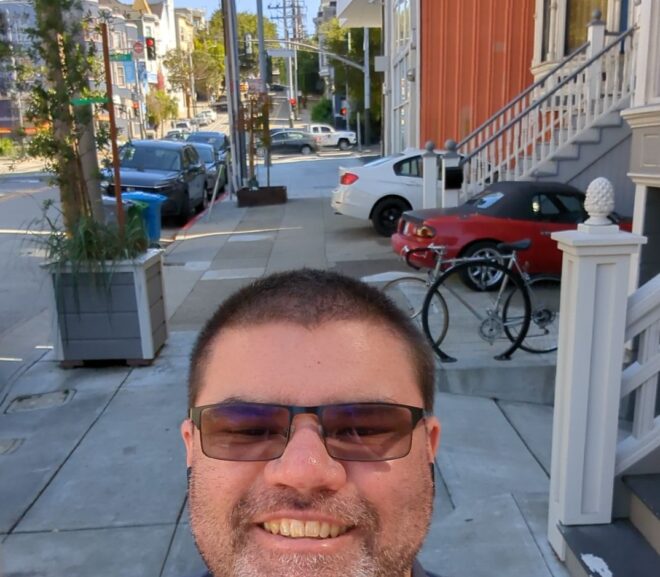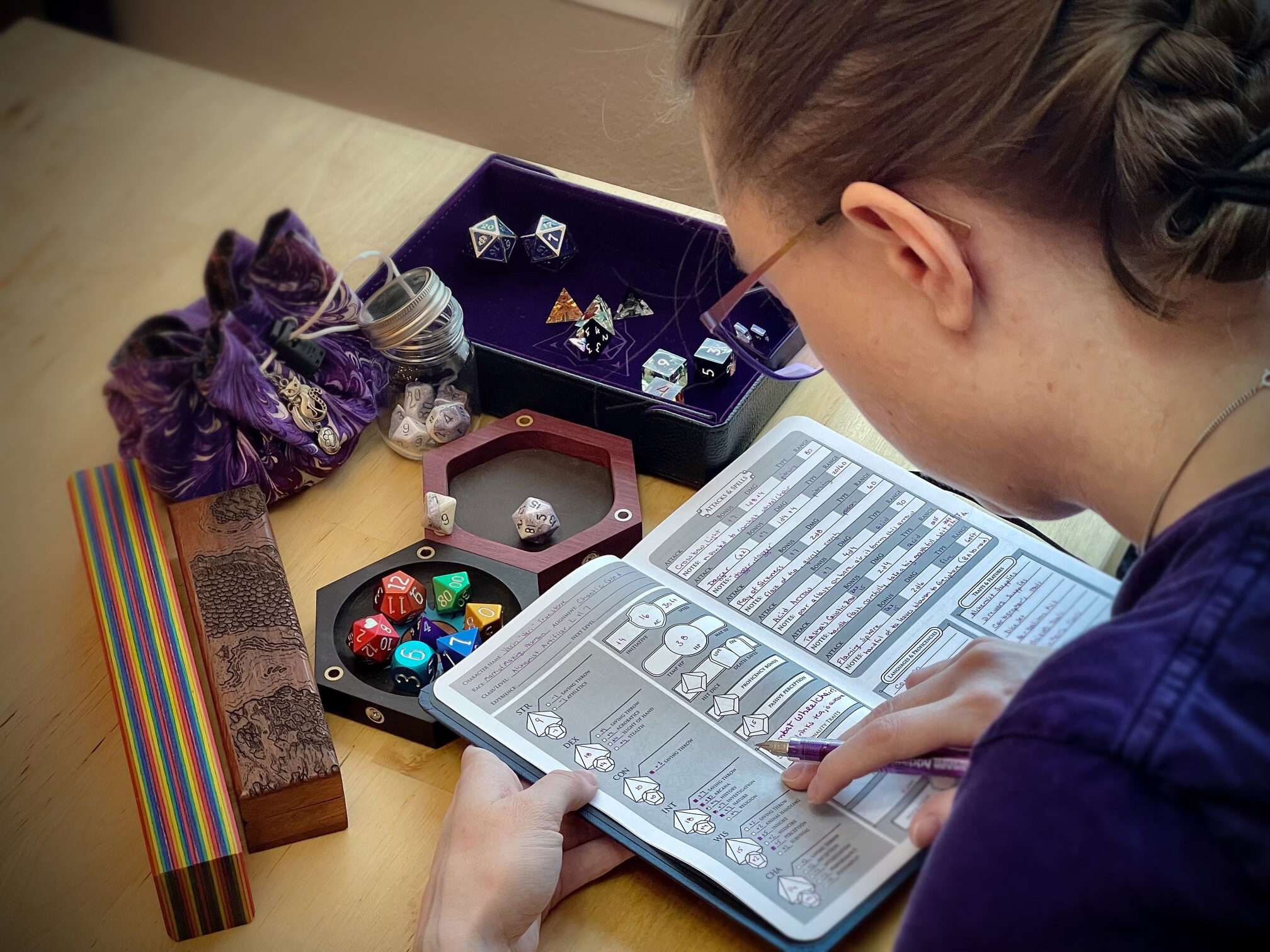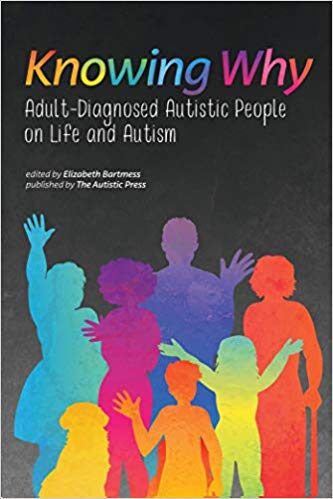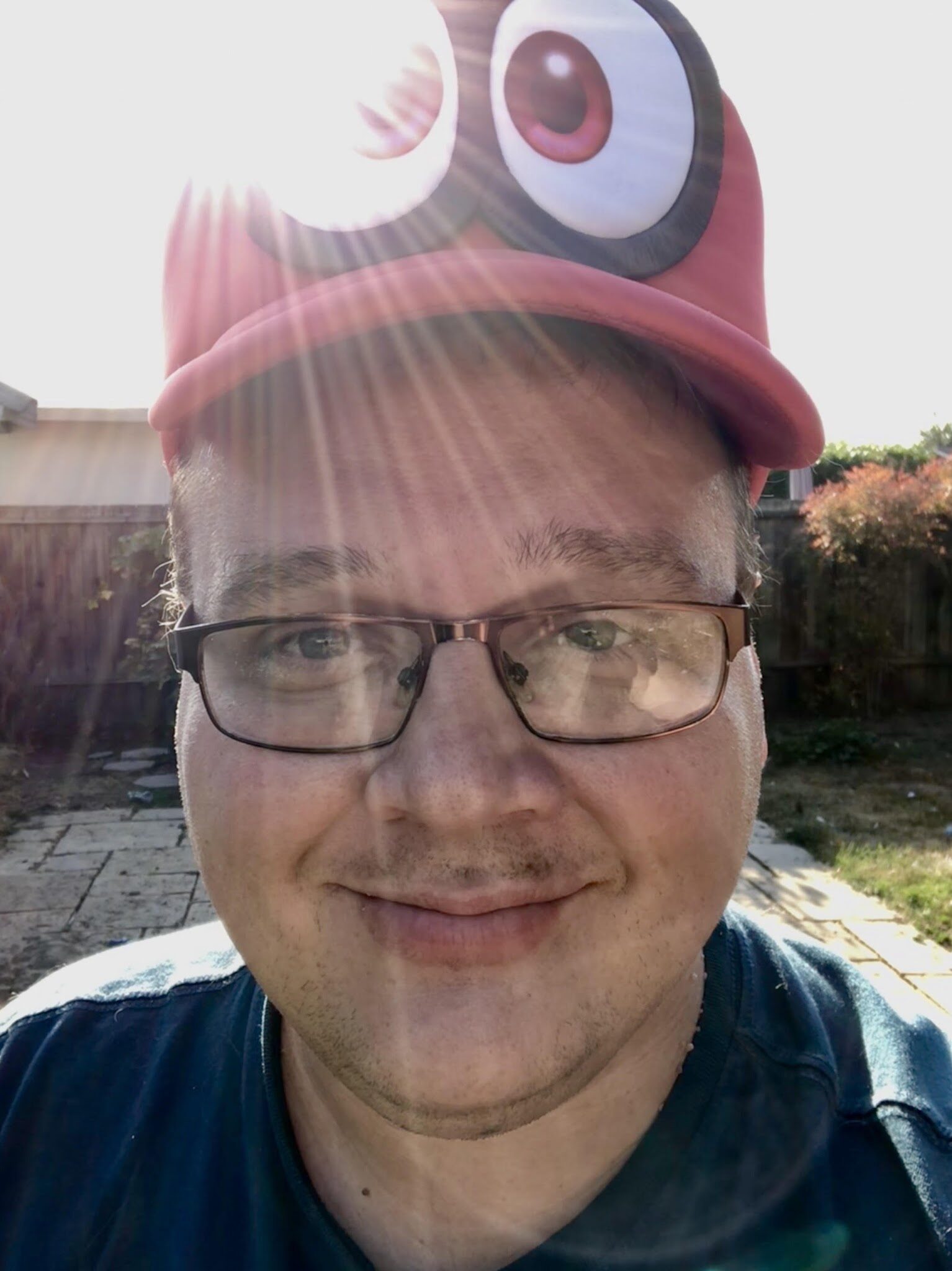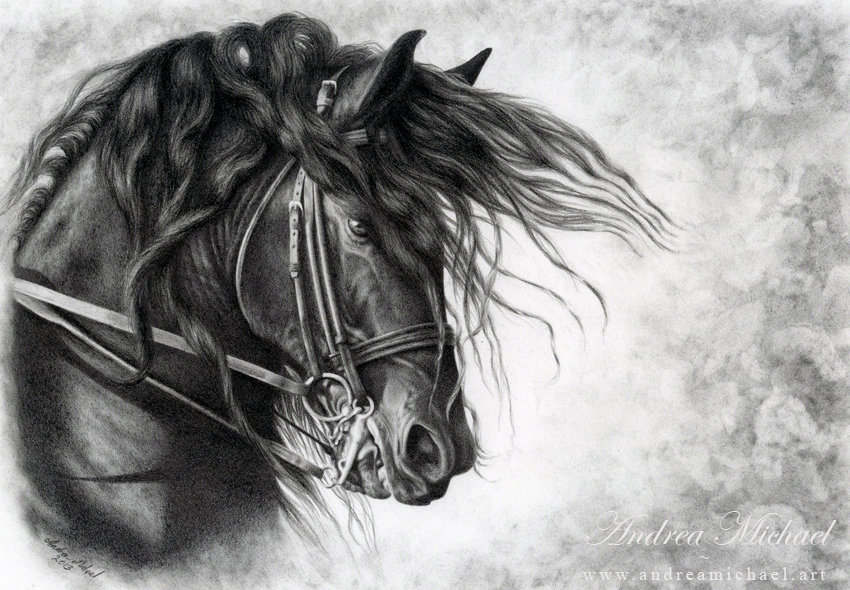Joseph Krauter is an autistic writer and tech worker who was diagnosed as an adult, while serving time at San Quentin Prison in California. We talked with Joseph about how his life could have been different with earlier diagnosis and supports, the difficulty of receiving an autism diagnosis while incarcerated, and how his life has changed since both his autism diagnosis and his re-integration into society.
Tag: late diagnosis
When autistic people aren’t centered in things about us, it creates an ecosystem where an autistic person like Sia who does not understand herself as autistic creates a film like “Music.”
You know where I didn’t learn how to figure people out like that? Anywhere that was not a game. Not in previous jobs, not in books, not in school. I learned these life skills using a table top role playing game (TTRPG), purely by accident.
Knowing Why is a valuable resource for anyone who has been through the process of being diagnosed or self-diagnosed as autistic in adulthood, anyone who wants to better understand us, and anyone who might be wondering if they might be autistic themselves.
My adult autism diagnosis was, it still is, mind boggling to me. Perhaps to those of you who know me. Perhaps not. To have a paradigm shift in self reflection, and in reflection about my personal relationships. My memories now telling me different stories.
Andrea Michael www.andreamichael.art Django of Cacharel [image: Black-and-white drawing of a dark horse wearing a bridle, with a windblown mane.] I wasn’t prepared for the imposter syndrome that set in after my autism diagnosis. Why? Possibly because, after my diagnosis, I scoured the Internet for autism material, found too many opinions that my version of autism wasn’t “real autism” — and heard more often than not that if I was late diagnosed, that meant I was at the very edge of the diagnosis, just a mild case with no “real” challenges. At the time of this writing, I am in my thirties. I was diagnosed on the autism spectrum three years ago, after seeking answers for troubles that had been ramping up since my childhood. My diagnosis of extreme chronic anxiety as a teen, then one of depression (later extreme chronic depression) in my twenties, while true and correct, were…
